Are you a new RV owner? RV electrical problems confusing you?
Electrical problems are more common than you think. Whether you own a 30 Amp RV or a 50 Amp RV, you should have a basic understanding of your RV electrical system.
Resetting a breaker or a GFCI that has kicked out, replacing a blown fuse are all small problems you can figure out on your own. Big problems involving AC power or propane should be left to the professional service technicians. Is your problem big or not?
It is important to call an RV service technician or roadside assistance when you are not sure what the problem is. You don’t want to start messing with electricity when you don’t know what you're doing. If you try to fix the problem by resetting the breaker or GFCI and the problem is not solved, it is best to contact a professional. You can become seriously injured or even killed by making one little mistake.
Troubleshooting can be done to rule out your RV electrical problem as being large or small. If you troubleshoot your RV electrical before taking the RV in for service, you may find out you have a small problem you can fix on your own.
We can help you get started with the RV electric troubleshooting and hopefully save you some time and money during your travels.
The AC electrical system powers your air conditioner and other devices. The DC system powers your lights, switches, slides, and thermostats. The refrigerator and other appliances will be powered by propane gas.
You receive AC power from your RV generator power or the campgrounds RV park power source, or other RV electrical outlets you plug into. These are 20, 30, and 50 Amp power sources. Your AC electrical system distributes the power to your small appliances and outlets mentioned above.
DC power comes from a battery. Your RV has a converter that uses AC power coming from your chosen RV power source, through the breaker panel and converts it to 12 Volt DC power for your battery to use and charge.
The 12 Volt DC power will go through your fuses to power your lights, switches, and slides controlling appliances like your heater or air conditioner.
What are some reasons your power might fail? Do you think it is the cause of your RV power cord or RV power adapters? Before you take the time to blame those external RV adapters make sure you know more about your RV electricity basics first.
Sometimes your connections will be knocked loose when transporting your RV around and traveling.
The wires can short due to excessive flow of current. This can not only short your electrical wires but become more dangerous due to fire or injury.
Just like your home, an RV will have breakers and/or fuses to turn the power off if something goes awry. You will find AC and DC fuses or breakers available to interrupt your power flow when necessary.
The breaker or fuse going off will tell you there is a problem you need to find and fix. The breaker or fuse tripping is normally not the cause of the problem. The only time this may be true is if your breakers go bad from tripping too often. Your RV is protected by the breaker or fuse turning off because your appliances or devices may be failing in some way, which could cause a fire or injury.

Don’t try to replace your fuse or breaker with a higher-rated option. Your RV electrical was installed so that it can handle the current load safely. If you add higher-rated fuses it won’t fix your problem, rather it may make it worse by causing permanent damage to electrical equipment or an electrical fire.
Safety Tip: Always replace fuses or breakers with the same rating already installed.

The GFCI receptacle is made with a reset button that kicks out when the current running through the outlet exceeds the limit. These are more commonly used in areas where an appliance could touch, plumbing like a water pump, metal like a dryer, or water like your kitchen and bathroom.
A kicked out GFCI may be to blame if you have lost multiple appliances or devices but other appliances or your Air Conditioning are still working. The GFCI will shut off along with any connected outlets at the detection of even the slightest increase of current.
A common problem we hear from our customers is the GFCI trips when in use with power connection products that have LED lights. The GFCI reads the LED as a current leak and trips the power.
To solve this and other GFCI related problems, you will push the RESET button on your outlet. If you are still having problems with this outlet you can unplug the appliances and plug them back in one at a time until you find a faulty appliance. The other option would be that the outlet itself will need to be replaced.
When it comes to your DC power system a bad connection in the 12 Volt system can cause problems with appliances, slides, and light switches. The fridge or air conditioner running on propane may fail because they require DC voltage for their circuits.
Research the problems within your 12 Volt system by checking your fuse or breaker to see if it has been tripped, if a fuse is loose, if the connections to the fuse box, breaker, or DC battery are loose, whether the battery has enough water, whether your batteries are charged enough, the converter connections are loose, or the fuses on the converter may be bad or loose.
Your DC system power could be failing due to one of those problems or because your converter is bad. We do not recommend you trying to replace your converter but suggest you take your RV to a professional service center to have this issue looked at and fixed.
The RV power supply could be the cause of your problems. It may supply to much or not enough power, maybe it is fluctuating in power, is not grounded properly, the connector or adapters pins and terminals could be corroded.
If you have too much power being drawn into your RV your appliances can fail or blow. Another sign you are drawing too much power is if your wires or plugs melt. The opposite problem can occur if you have too little power drawn. You may have dim lights. Check around your campground to see if other sites are having the same issues. If they are you should address this with the campsite management right away.
Are you using an onboard or portable generator as a power source? If your RV’s gas tank is lower than a quarter full, your generator may stop running.

Do you have a surge protector in your RV? There is some controversy as to if these are necessary for your recreation vehicle power protection. The RV already has the protection devices we talked about which makes it hard to justify the purchase and use of a surge protector for some. If you decide to purchase a surge protector, it is recommended to purchase a good one.
A good surge protector will work faster than your breaker to increases or fluctuations in voltage. If you purchase a surge protector that does not react fast enough to protect your RV it there can be damage caused to your RV breakers without the surge protector even working. Because it is difficult to tell if a surge protector is faster than another some opt to not use one at all.
AC WORKS™ offers a surge protector that uses the powerful X3MOV to offer surge suppression up to 2160 Joules in less than a nanosecond of response time, with a lifetime maximum spike protection rating of 144,000A or 6KV. All 8 receptacles, 6 rotating and 2 fixed, are covered by surge protection.
To learn more about this topic and others you can visit AC WORKS™ on YouTube and watch our series of AC WORKS™ Wisdom topics. This week's topic is related to our blog and talks about maintaining your RV circuit breakers.
If you have any questions about your appliances and the amount of power, they might draw from your RV don't hesitate to email, text, call, or leave a comment. We are here to help you find solutions to your RV power needs.
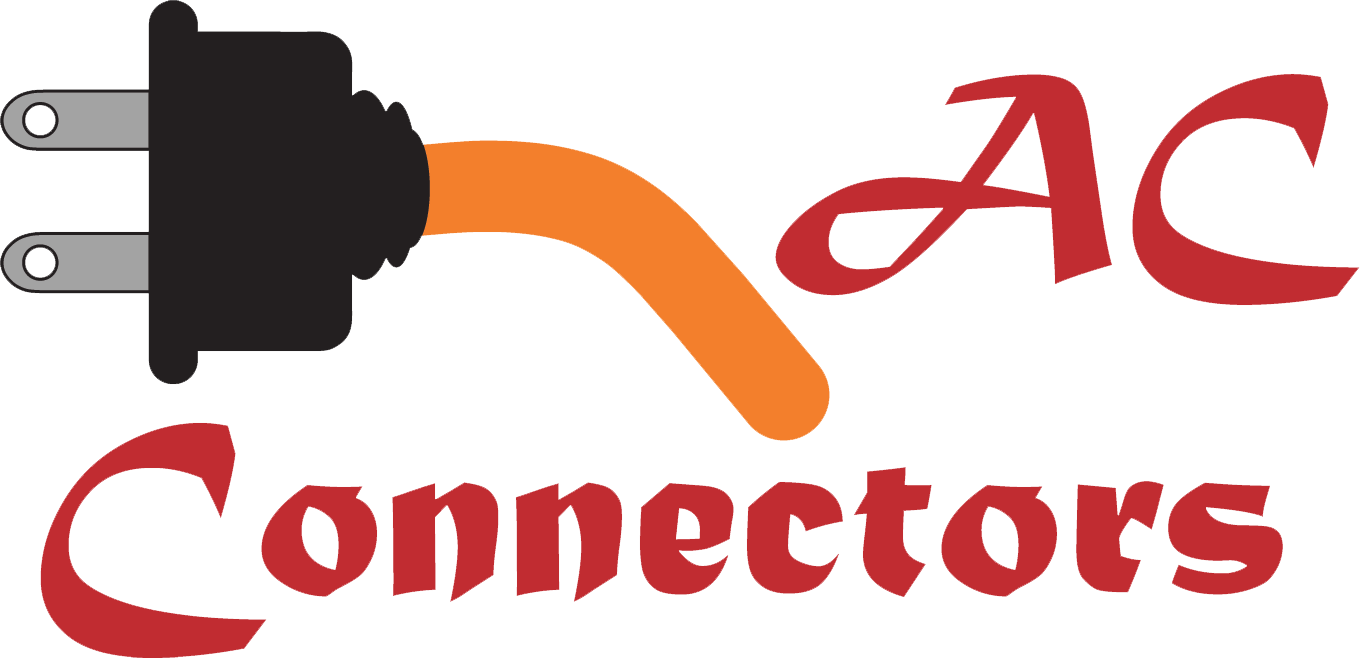
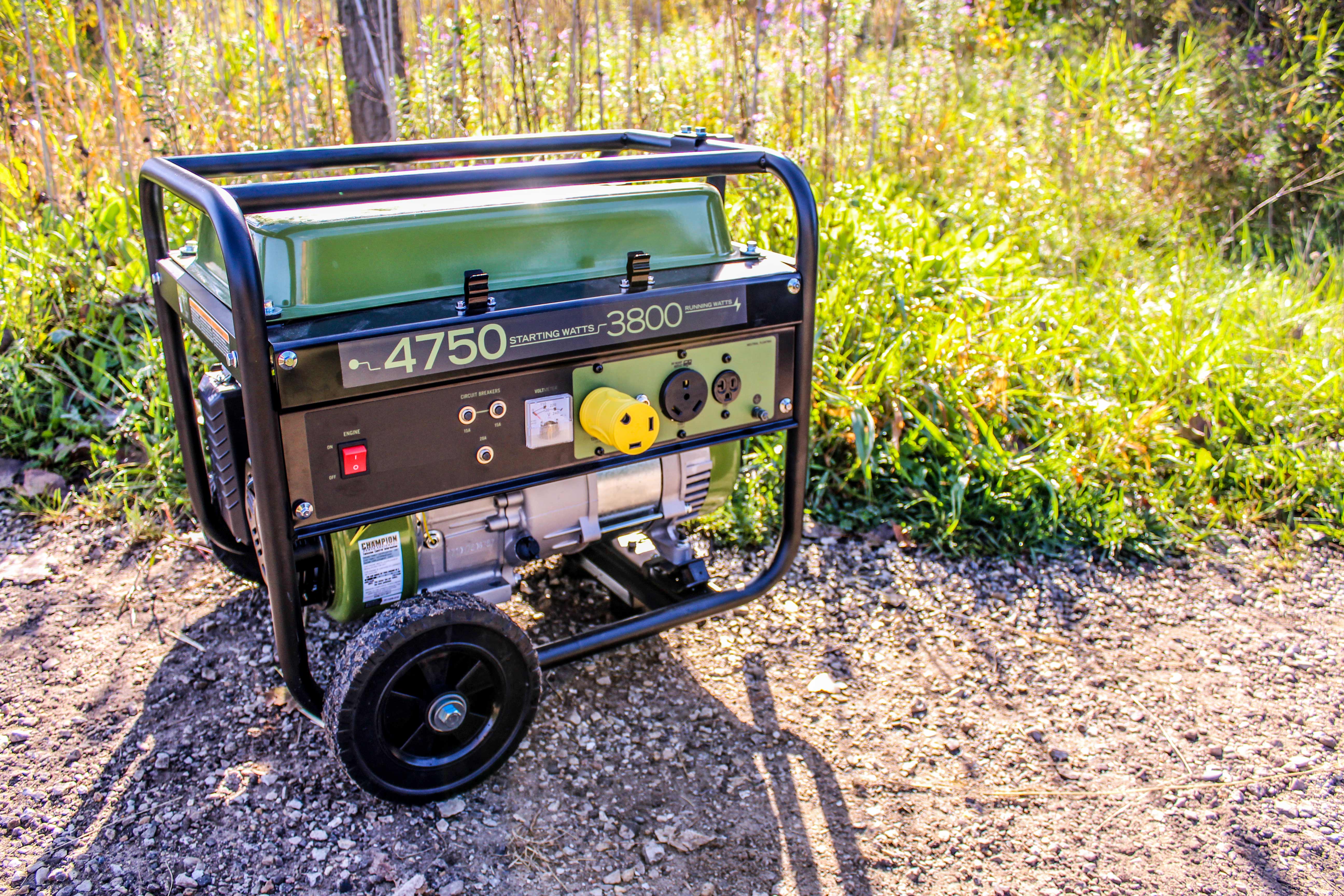


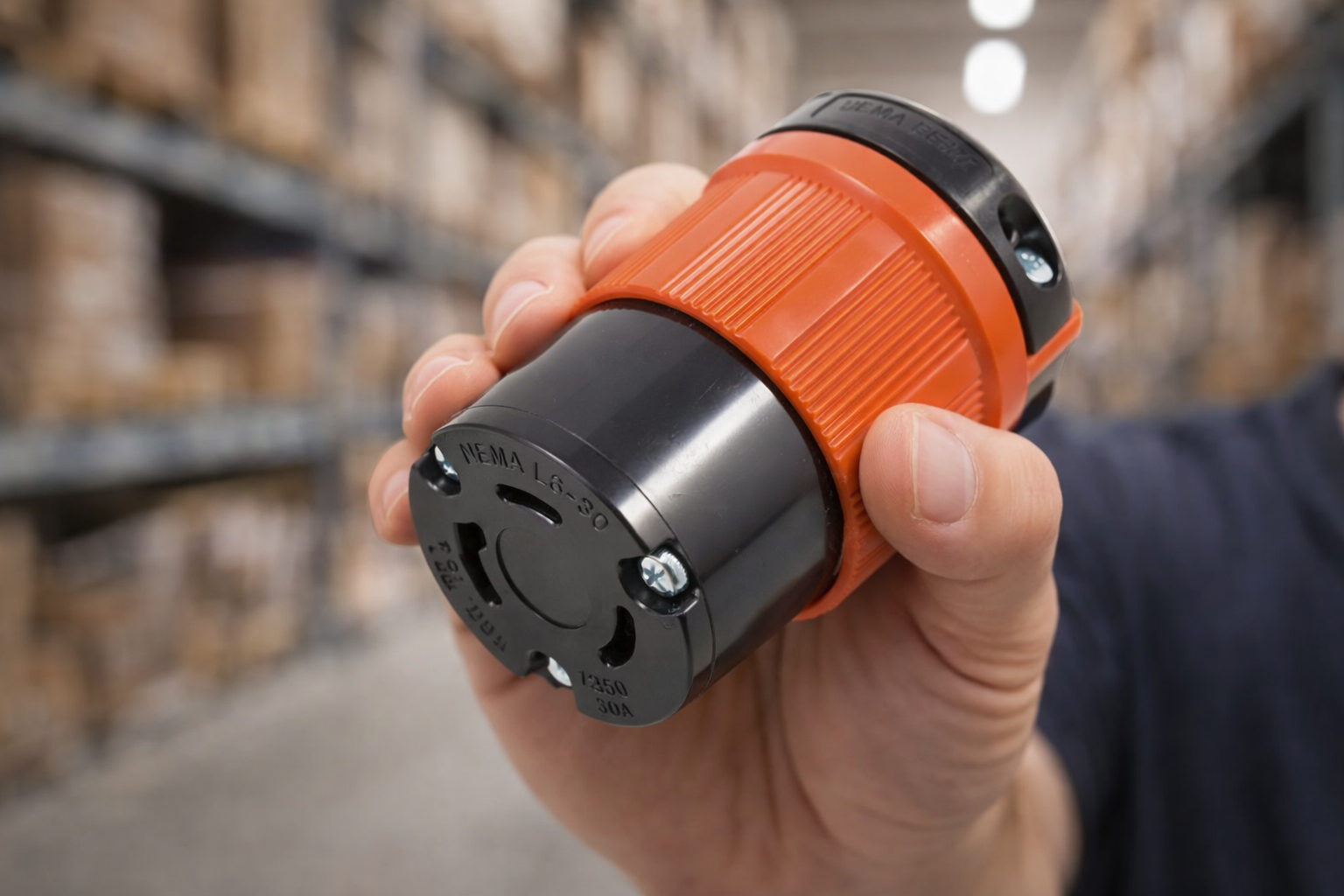
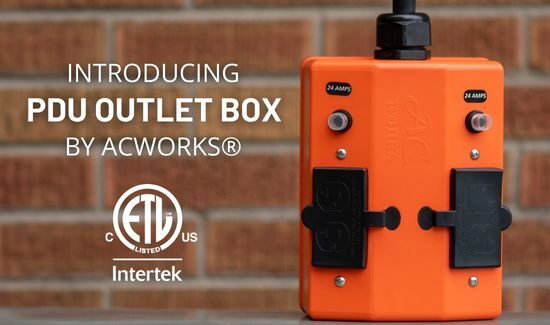

Share:
RV Electricity Basics: Power Source, Appliances, and More
Learn How to Keep Your Sump Pumping During a Power Outage
53 comments
Hello Quentin. That’s an odd problem to have. Does your repair technician work on RVs a lot? Or just regular electrical issues? Since the battery issue was directly related to your dealer, I would take it up with them and have them fix the issue.
Hello Joe. If you were staying in your RV for a long period of time at one place and now it won’t work in a different place, I would beleive there is an issue with the new place’s electrical. They should definitely have someone come out and figure out what their issue is with their outlets.
Had my fifth wheel camper converter go out. Everytime I would hook it up it would blow the fuses on the new one. Had a repair man come out and look at it. He said thedelier had the battery hook wrong. He change it and it work. Then my ac and lights wont work . He said something wrong with your wires.. but he wouldn’t check it to fix it.butwehn it was hook the other way on thebattires theac and lights worked. Can’t figure it out need help.
I just moved my 30 amp RV into a new site at the same park I’m in. Extended stay type arrangement. No power issues with the previous spot. But now in the new spot, I keep blowing the RV parks circuit breaker. I’m using the same power appliances now as I was in the old site. So I cant understand why it keeps blowing the circuit? Rv park claims it’s a 30 amp outlet I’m connecting too. Since I’m not blowing fuses in my RV, I have to think the RV park outlet is not rated to 30 amp? Can you think of any other possibilities?
Hello Alvin. That answer depends on a lot of different veriables. We recommend you reach out to your dealer or trailer technician.